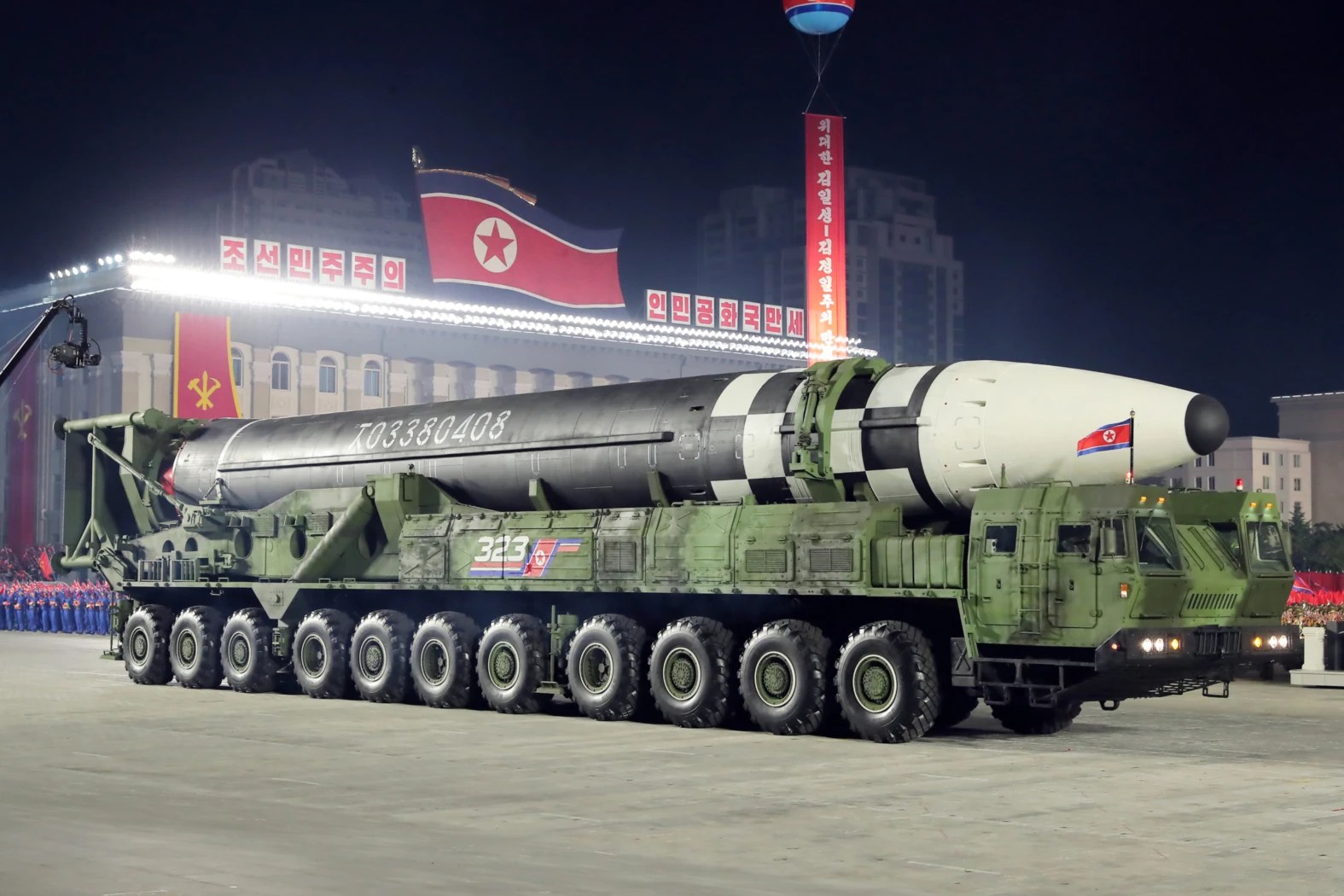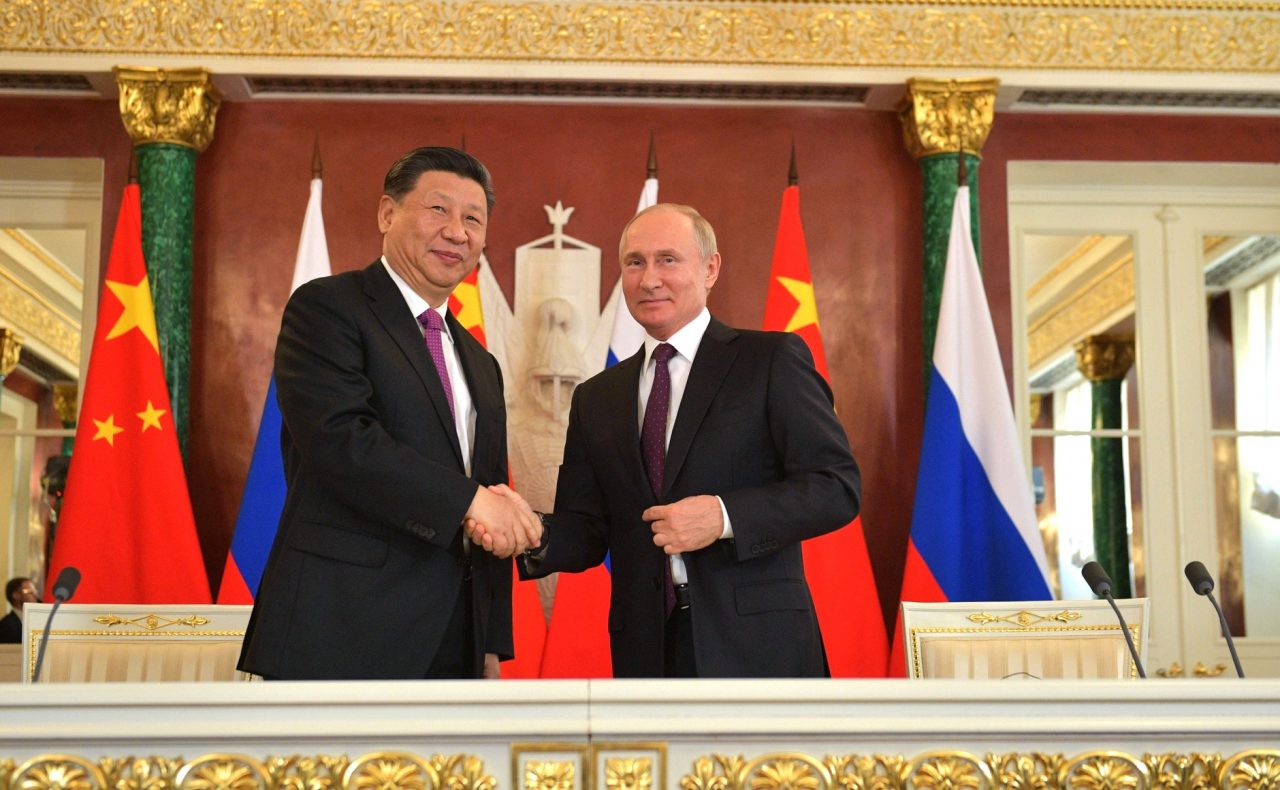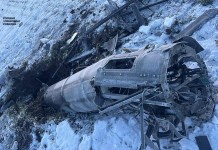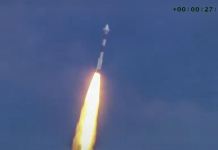South Korea has designated the North as an “enemy” in the new educational materials distributed among the military, acting on the new South Korean presidential administration’s vow to toughen the stance toward the North after its recent missile launches, media reported on Monday.
“North Korea’s provocations are security threats facing us, and as long as such security threats continue, the North’s military and its regime are our enemy,” the South Korean military education materials read, as quoted by the Yonhap news agency.
The South Korean military distributed the materials on May 9, following the country’s new defense minister, Lee Jong-sup’s, speech at a parliamentary hearing that said the North was an “evident” enemy posing a nuclear threat given its recent missile launches, according to the report.
The former South Korean presidential administration refrained from designating Pyongyang as an enemy to preserve an opportunity of maintaining an inter-Korean dialogue, while the present government has taken a hard-line stance on the nuclear and missile threats coming from the North, the report said.
In the military education materials dated 2019, Seoul included Pyongyang in the list of “real military threats” and considered important the need to secure “posture and capabilities to respond strongly and sternly should the North carry out provocations or hostile acts,” it added.

North Korea has intensified launches of ballistic missiles and other projectiles in 2022. Since the beginning of the year, Pyongyang launched 16 missiles, some of which it said were hypersonic. US intelligence has shown that North Korea may be preparing to carry out a nuclear test.
Earlier, US Deputy Assistant Secretary for the Bureau of East Asian and Pacific Affairs Mark Lambert said that the US was committed to providing Japan and South Korea with an extended deterrence capability to boost the security of the region.
“The United States remains committed to providing extended deterrence to both Japan and the Republic of Korea,” Lambert said during a conference call with reporters.
Lambert explained that President Joe Biden engaged in in-depth discussions about extended deterrence during his recent visit to Tokyo and Seoul. The United States, Japan, and South Korea are committed to working together to ensure their interests are protected, he said.
UNGA Meet
The General Assembly will meet on June 8 to discuss the use of the veto by Russia and China regarding the US resolution to increase sanctions against North Korea, UN General Assembly President Abdulla Shahid said in a letter released recently.
On Thursday, Russia, and China during a UN Security Council meeting vetoed a US-sponsored resolution that was designed to sanction North Korea over its recent intercontinental ballistic missile (ICBM) launches. China had argued that the resolution would only make the situation worse.
“Decide[d] that the President of the General Assembly shall convene a formal meeting of the General Assembly within 10 working days of the casting of a veto by one or more permanent members of the Security Council, to hold a debate on the situation as to which the veto was cast, provided that the Assembly does not meet in an emergency special session on the same situation,” Shahid said.

He added that he will convene a plenary meeting to hold a debate on the situation on June 8 at 10:00 a.m. EST (2:00 p.m. GMT) in the General Assembly Hall at UN Headquarters in New York.
US Ambassador to the United Nations Linda Thomas-Greenfield accused China and Russia of refusing to cooperate with the UN Security Council to address North Korea’s nuclear weapons and ICBM programs, claiming that their veto emboldens Pyongyang’s actions and sends a message to other proliferators that they can act with impunity.
The envoy also suggested that Biden administration policy changes towards North Korea have helped fuel the crisis.
- Via Sputnik News Agency
- Mail EurAsian Times at: etdesk@eurasiantimes.com
- Follow EurAsian Times on Google News




